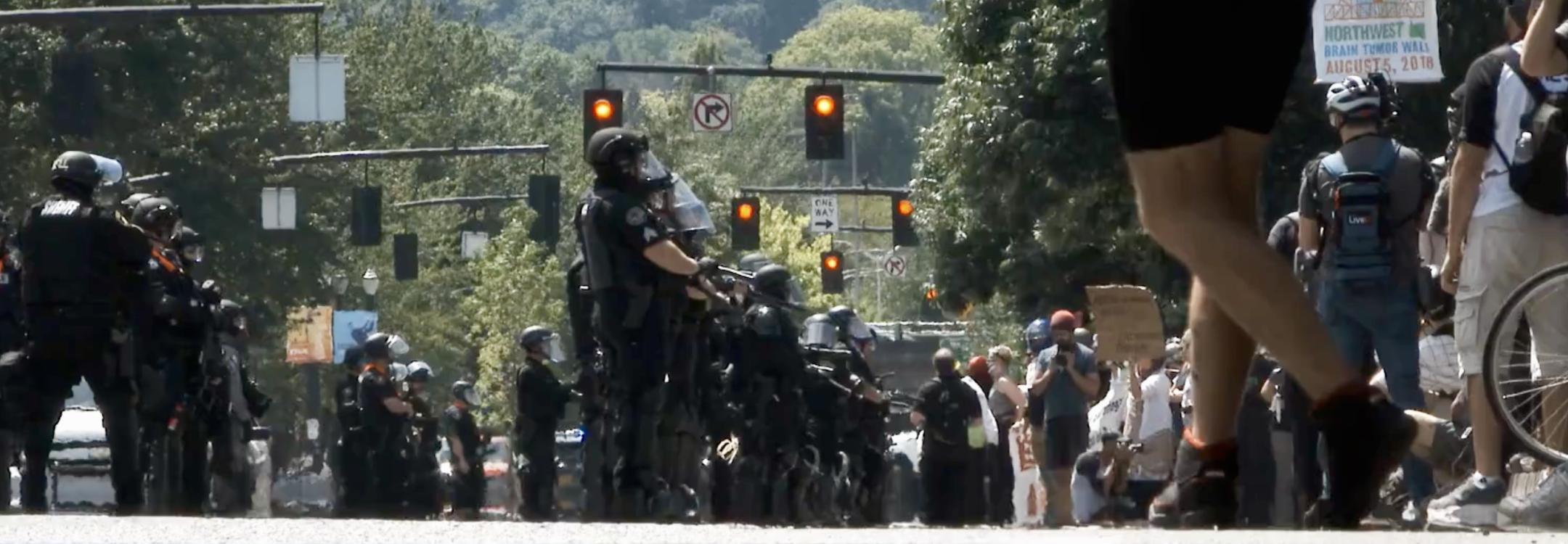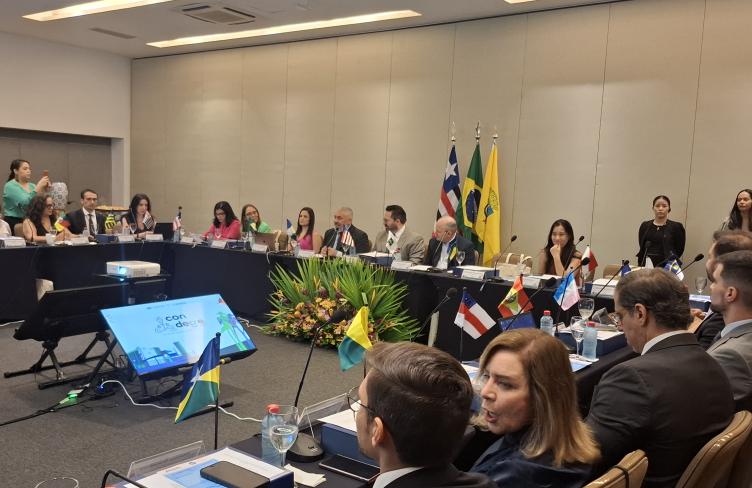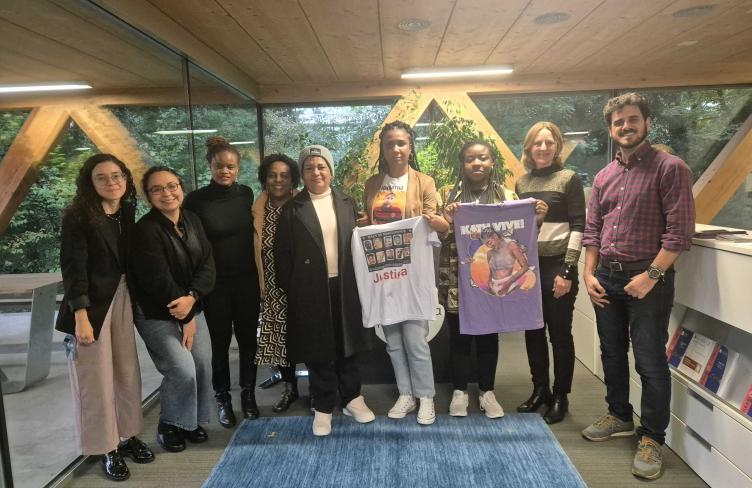
Three years after the creation of the International Independent Expert Mechanism to Advance Racial Justice and Equality in the context of Law Enforcement (EMLER), the UN Human Rights Council has renewed its mandate for another three years during its 56th session.
Racial discrimination, especially against Africans and persons of African descent, has been deeply embedded within the attitudes and practices of law enforcement institutions and constitutes a root cause of torture and other ill-treatment, excessive use of force leading to death, and other forms of human rights violations.
In 2013, the Black Lives Matter movement had started to bring attention to racially motivated police brutality in the United States, following several unarmed young African Americans killed by law enforcement. However, it was the brutal murder of George Floyd on 25 May 2020 in Minneapolis that sparked international protests and calls for structural reform in law enforcement institutions.
The murder of George Floyd highlighted how structural discrimination in law enforcement translates into harmful practices against groups who are in situations of vulnerability, marginalisation and who face intersectional discrimination, putting them at higher risk of torture and ill-treatment.
In 2021, in this very tense global context, the Human Rights Council established EMLER for three years, under resolution 47/21, to address the issue of racial justice and equality in the context of law enforcement. The body operates as a hybrid mechanism between a UN Special Procedure and a UN Commission-of-Inquiry.
Between 2021 and 2024, EMLER conducted four country visits (Sweden in 2022, United States and Brazil in 2023, and Italy in 2024) and published thematic reports on data collection and reimagining policing.
“The work undertaken by EMLER is absolutely critical in today’s global context,” APT Senior Advisor for Detention and Mobilisation Luce Ahouangnimon said.
“The APT welcomes the renewal of its mandate for another three years by the Human Rights Council. It shows that despite financial constraints and drastic budget cuts that have severely impacted the work of UN Special Procedures, States remain strongly committed to address structural racism in law enforcement,” Ms Ahouangnimon added.
The extension of the EMLER’s mandate comes at a time when the international community is marking the 40th anniversary of the United Nations Convention against Torture (UNCAT), which sought to galvanise efforts globally to eradicate torture and other cruel, inhuman or degrading treatment or punishment.
“According to Article 1 of the UNCAT, discrimination may be a constitutive element of torture,” APT Senior Advisor on Law and Policy Valentina Cadelo said.
“The United Nations Committee against Torture, in its General Comment 2, has also emphasised that the discriminatory use of mental or physical violence or abuse is an important factor in determining whether an act constitutes torture,” Ms Cadelo noted.
Forty years after the adoption of UNCAT, the link between discrimination and torture is an issue that requires ongoing attention. The renewal of EMLER’s mandate for another three years paves the way for a better incorporation of Article 1 of UNCAT into the work of the mechanism, bringing an intersectional lens to its mandate and developing effective strategies to counter racial discrimination.



